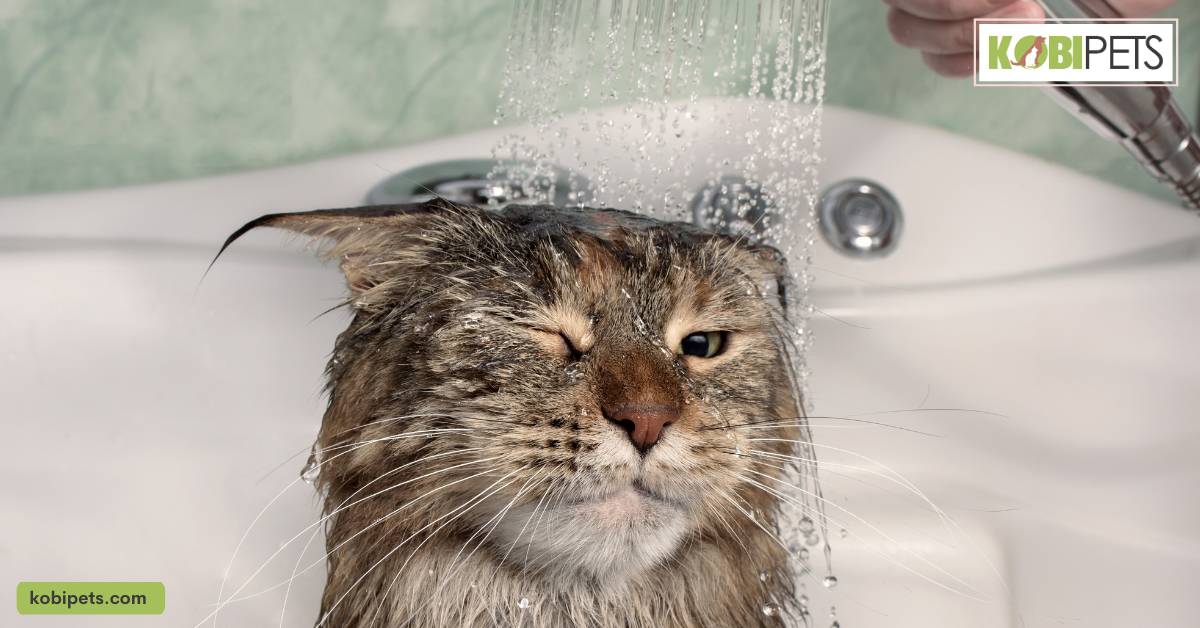
Cats may develop an unpleasant odor for a variety of reasons. One common cause is poor hygiene and not being bathed regularly. Other causes can include skin conditions, such as bacterial and fungal infections, allergies, or over-grooming due to stress or boredom.
In this blog post, we will discuss the possible causes of cat odor, how to diagnose and treat the problem, and how to prevent it from happening in the future. With these tips and tricks, you will be able to reduce or eliminate unpleasant odors in your feline companion and keep your home smelling fresh.
Why Does My Cat Stink?
Trying to figure out why your beloved feline companion has a powerful odor can be a challenge. Although humans naturally produce sweat and bacteria that emit an unpleasant smell when we become hot and stressed, cats rely on glands in their skin to release certain pheromones as a form of communication.
If the cat has greasy or oily skin, it could be the result of sebaceous glands overcompensating or producing too much oil. Additionally, anal glands often act up if not regularly expressed, causing a strong smell that will linger until they are emptied.
Allergies may also play a role if the cat is struggling with chronic intense itching as this can cause inflamed skin surfaces that tend to have an unpleasant aroma. Finally, even food can contribute to a smelly pooch; if canned food is being included in its diet, try switching to fresh ingredients for a reprieve from the noxious scent.
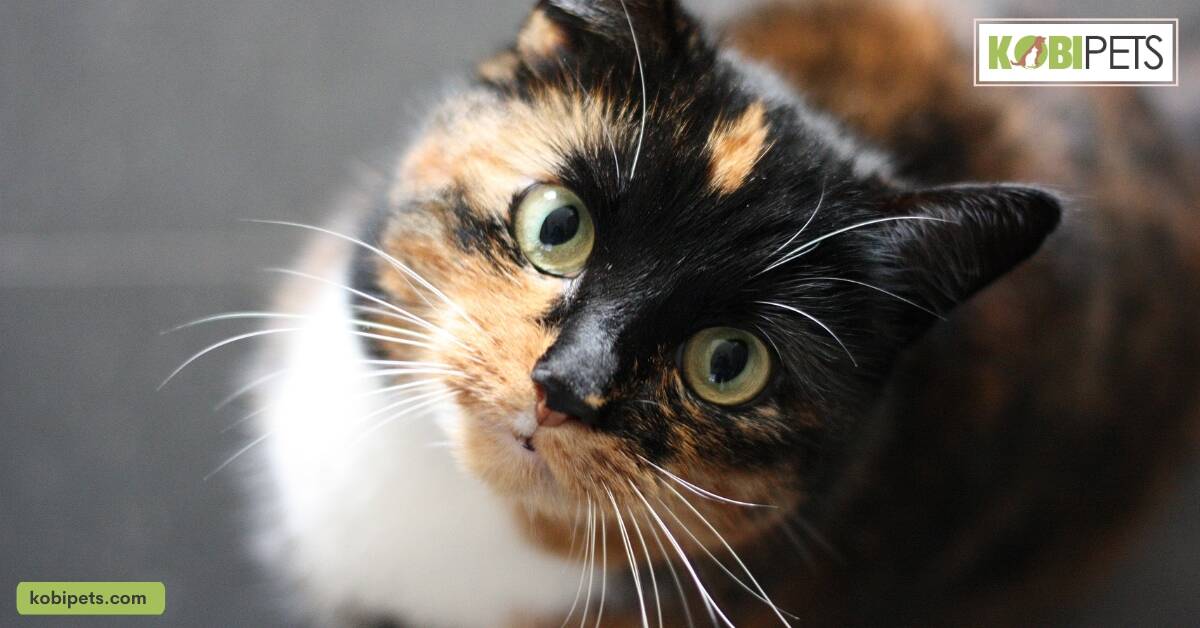
Usual Areas Where Your Cat May Stink
Did you know that cats have scent glands all over their body? These glandular secretions are responsible for cat stink, and it’s important to be aware of the usual areas where they emit odors.
Commonly, cat owners experience cat stink emanating from the cat’s head,d paw pads, and behind its ears. Additionally, some cat breeds also secrete an unpleasant odor from the anal gland area as well.
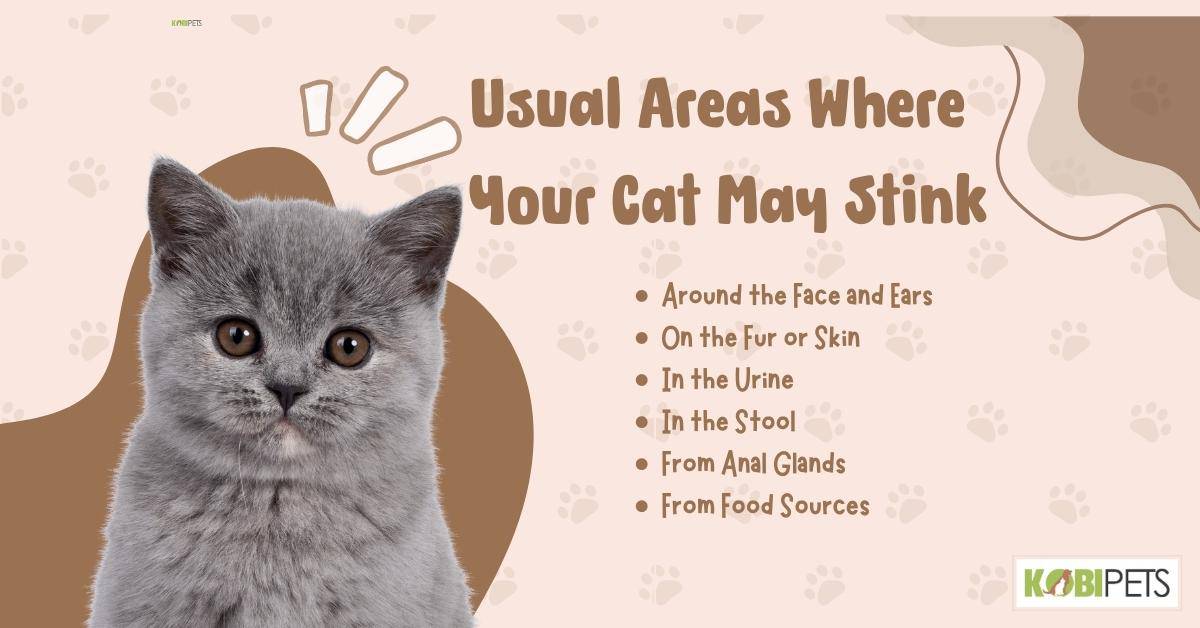
Around the Face and Ears
It is important to pay attention to locations around the face and ears when checking for a smelly cat. Your feline friend has scent glands all over their head, body, and tail that work to spread their unique scent throughout your home.
Each cat has just enough scent gland production to leave behind a very faint odor, however, if these areas are particularly grotty they can easily emit an unpleasant smell. Pay special attention to the fur around your cat’s eyes and inside of the ears; cats use these areas as self-cleaning aids so they can often get quite dirty over time.
On the Fur or Skin
If you’ve ever lived with a feline companion, you know there are usual locations where cat odors may accumulate. Whether it’s fur or skin that’s the culprit, this smell can become unpleasant and indicative of underlying issues. Identifying persistent odors from your kitty is key.
Stinky fur usually results from not brushing them regularly, as this scent gets worse when their coat accumulates dirt and oils over time. Skin can cause odor due to poor hygiene or infections like ringworm. If either one is present in your home, it’s best to first schedule a veterinary appointment in order to make sure both your cat’s health and hygiene levels are up to scratch.
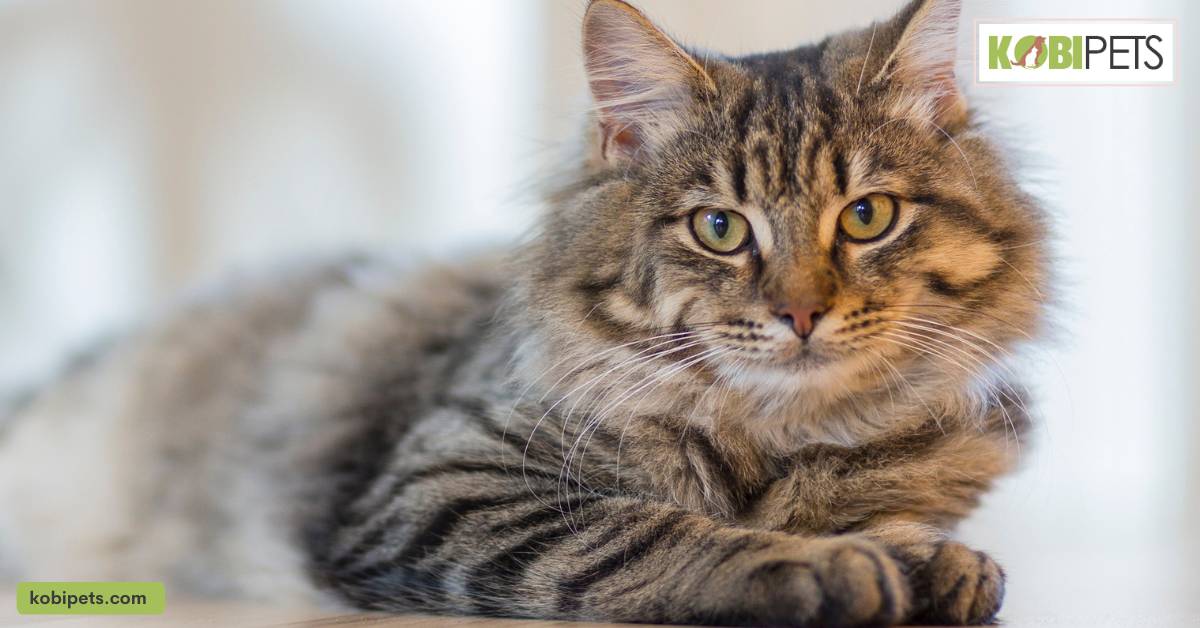
In the Urine
Urine is unfortunately a common problem when living with cats; you may come across some pungent odors if your feline friend has taken to urinating elsewhere apart from the litter box. While these smells can be extremely strong, they can help to pinpoint the usual trouble spots where kitty goes when they need to do their number one.
Namely, they tend to prefer soft surfaces like carpets and furniture upholstery, so paying special attention to areas with fabrics is key. Areas near doors leading out of the house are also commonly frequented as cats find comfort in marking their territory.
Lastly, don’t forget to look for any signs of wet patches under sinks or behind laundry machines – sometimes felines just want a cool place to relieve themselves.
In the Stool
Cats have a special talent for finding the most unique spots in the home to let their scent be known. A favorite spot for cats to leave their signature smell is on or inside the stool in your living room or bedroom. If your cat has started leaving its unmistakable scent there, don’t worry!
There are several methods to get it out without resorting to spraying air fresheners all around. Start with regular vacuuming to remove any odors and fur, followed by a deep clean using an enzymatic cleaning agent like Nature’s Miracle as directed on the package.
This will help to eliminate odors and discourage your cat from returning. Of course, it’s also important to make sure your kitty is properly groomed and not carrying dirt into your home—so a good brushing session might be in order.
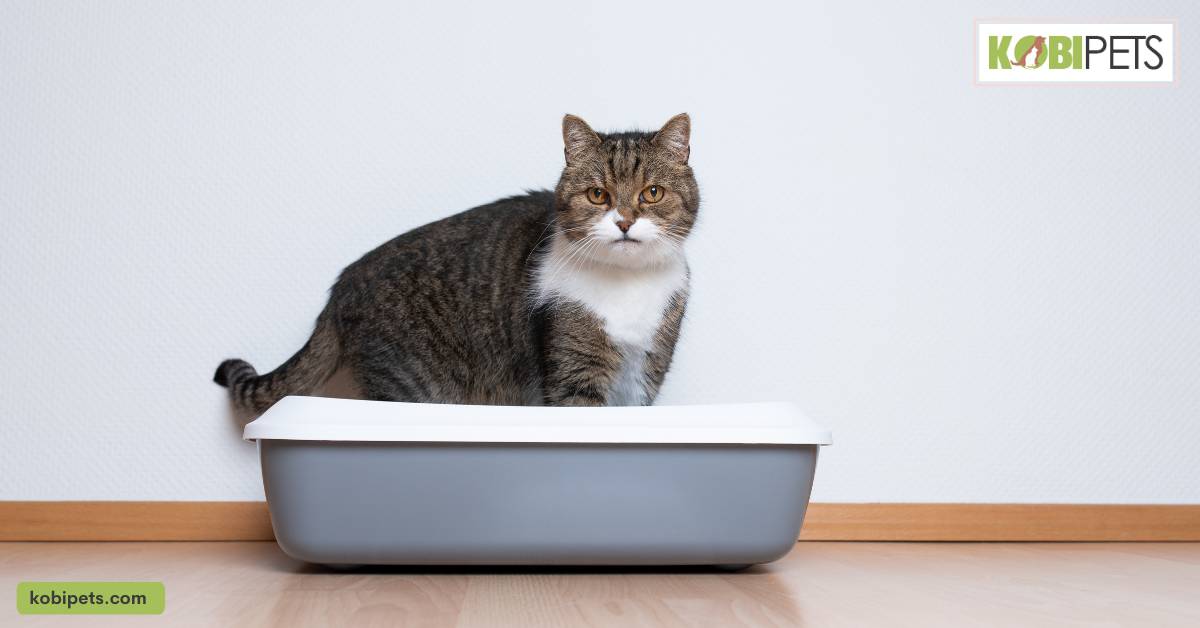
From Anal Glands
Everyone knows that cats have a unique smell, but did you know they have several potential stinky spots? They have anal glands situated beneath the tail that produces a scent distinctive to each cat. A serious infection in the glands can cause a very smelly odor.
Furthermore, cats may also collect an unpleasant smell in their ears or between their paw pads due to bacterial buildup resulting from certain medical conditions. Finally, pay attention to your furball’s coat; if it starts smelling bad even after grooming, this could be a sign of serious illness such as skin disorders or diabetes.
From Food Sources
Whenever your cat begins to stink, it can be worrying to locate the source of the odor. Luckily, cats will usually give us a clue in their usual stomping grounds. It’s important to check each area thoroughly as you track down why your feline friend is giving off an unpleasant aroma, so you can quickly get rid of it and avoid ongoing problems.
The kitchen is one place where potentially bad smells may come from. As cats love human food, especially leftovers, ensure you always cover and store anything that could spoil or attract pests in sealed containers.
Since cats are arboreal animals and generally favor higher ground, the bookcase can serve as another potential source for strange smells too – inspect for dampness and items that have been knocked over. Lastly, take a quick look around outside as there might be plants in our garden that aren’t 100% safe for cats to eat or drink from.
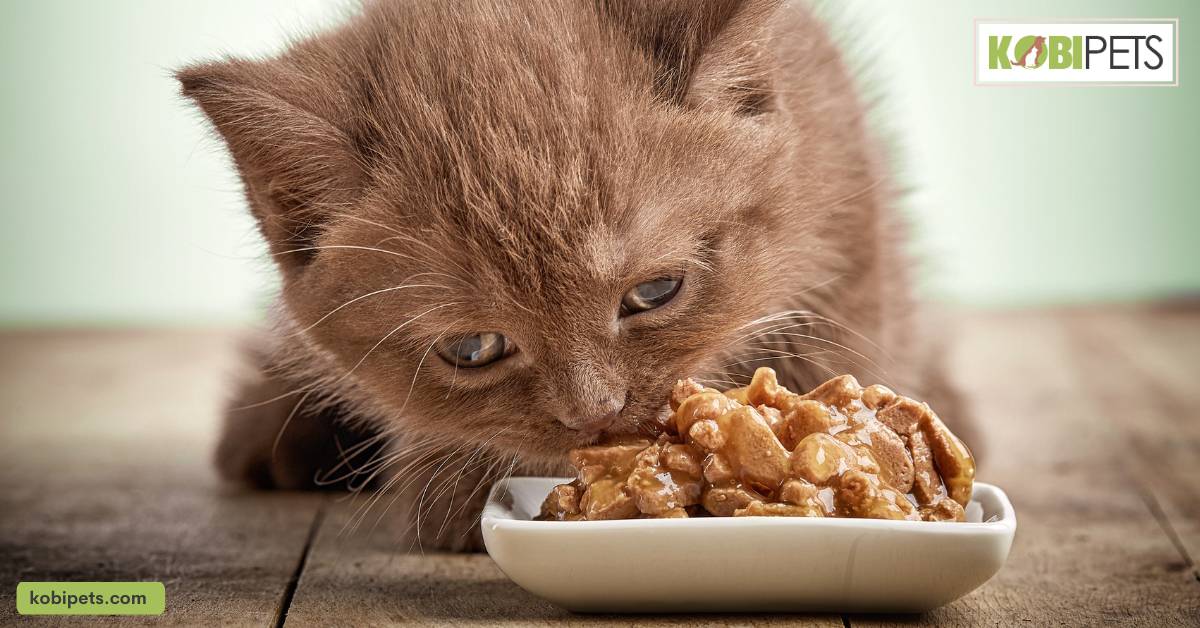
Preventing Cat Odor
Regular Grooming
Cat odor is a common pet owner complaint and one way to address it before it becomes a problem is with regular grooming. Regular brushing helps stimulate the natural oils in cats’ fur which can help keep their coats healthy and reduce the buildup of dander and dirt that can lead to odors.
For longhaired cats, regular bathing can help remove odors while keeping their coats in good condition. Not all cats need full baths, however; some cats may only need waterless shampoos to maintain their coat’s health.
Additionally, regularly trimming nails and cleaning the ears with an approved cleaner are great ways to help keep cats smelling fresh and avoid embarrassing odors from bacterial build-up.
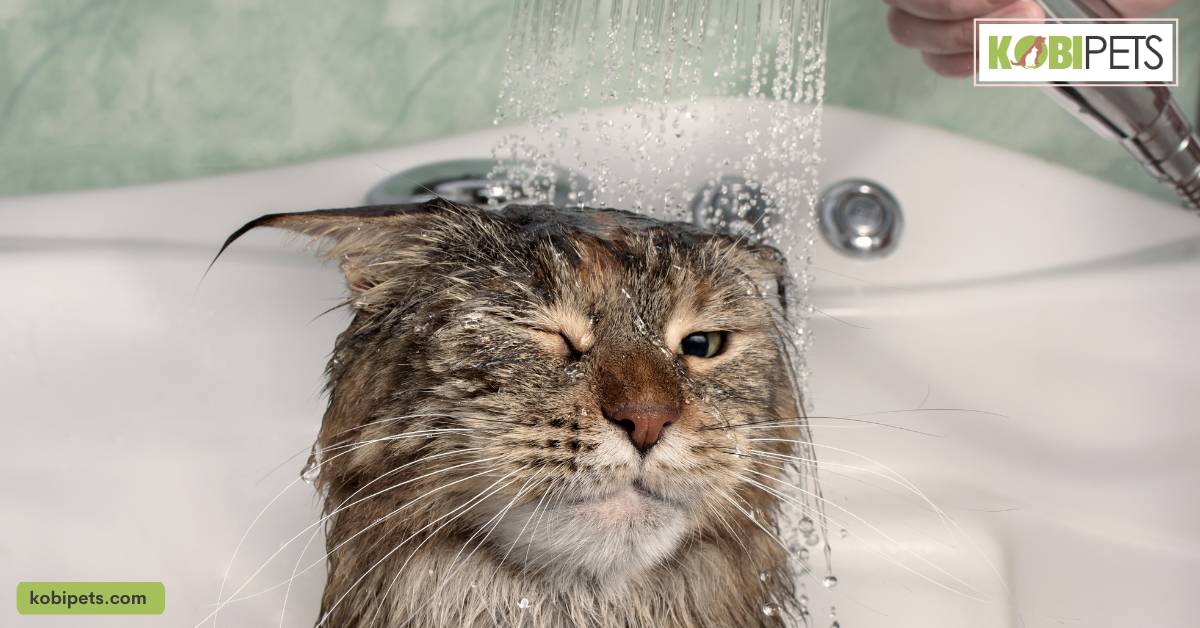
Healthy Diet with Digestive Enzymes
Maintaining a healthy diet is essential for your cat’s well-being – and it can even help to reduce those unpleasant odors. Adding digestive enzymes to your cat’s diet can significantly aid in digestion, helping the body to break down proteins, fats, and carbohydrates so they are properly metabolized.
These enzymes also help to create beneficial bacteria within the intestinal tract, which helps to clean out matter that could otherwise lead to bad odors. Feeding these enzymes daily along with a balanced diet of vegetables, animal proteins and grains can keep your feline friend smelling sweet in no time.
Consistent Litter Box Maintenance
For cats, having a consistent litter box maintenance plan is essential for maintaining a pleasant odor in the home. A feline’s instinctive need to cover the waste with litter will be most efficient with regular cleaning and replacing of the litter.
A litter that remains too long in the box can retain the smell of waste even after scooping it out, so replacing the entire contents is important. It’s recommended to check your cat’s box at least once a day and replace both litter and liners at least once a week if possible; daily replacement is even better if odor prevention is the goal.
Additionally, avoid using scented litter as cats do not appreciate strong smells and this could deter them from using their boxes. Finally, investing in an air filter or deodorizer for your cat’s area or regularly opening windows for ventilation can help create an inviting environment for your feline housemate.
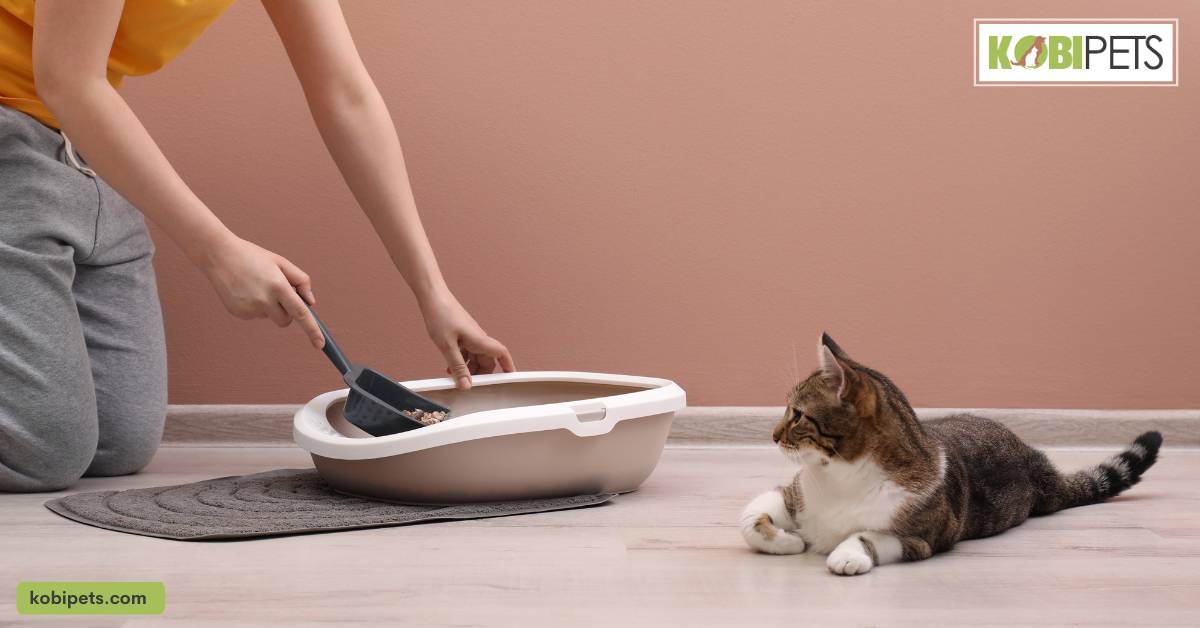
Monitoring and Addressing Health Issues Quickly
Ensuring your cat’s health is essential for keeping bad odors at bay. This includes regular checkups from a veterinarian and constantly monitoring your pet for any signs of health issues, such as excessive grooming, changes in eating habits, or lack of energy.
If you detect an issue early on, you can give your cat immediate attention and resolve problems quickly before they might cause unwanted odors. Keeping an eye out for potential health issues can help keep your cat odor-free and happy.
When to Call the Vet
For pet owners, the safety and health of their faithful companions are always a priority. When a cat’s smell becomes especially strong, there may be an underlying medical condition worth addressing. In this situation, it’s important to take action quickly and contact a veterinarian so they can examine the animal and determine what might be causing the stink.
The vet can perform some basic tests to determine whether or not something like an infection or skin irritation might be responsible for the pungent odor and suggest appropriate treatment. Additionally, it might also be an indication that your pet’s diet needs adjustment because certain types of food create smelly stools and gas.
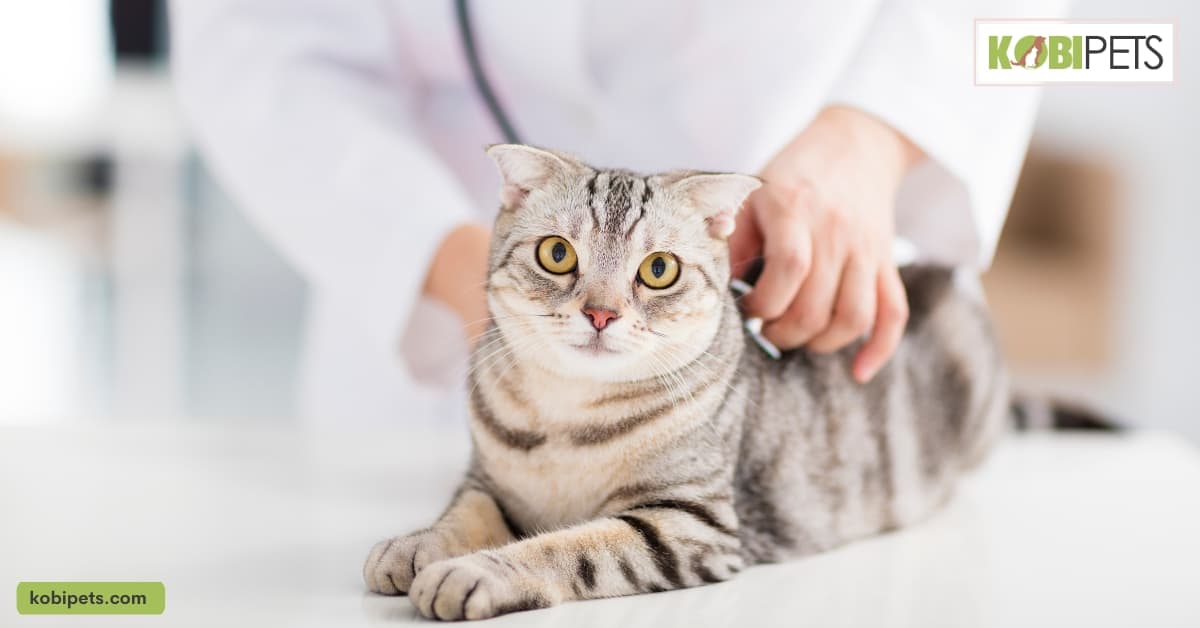
In Conclusion
Cat odor can be a nuisance and result from poor hygiene, skin conditions, allergies, or over-grooming. To help reduce or eliminate the smell in your home, it is important to ensure your cat is properly groomed and has a healthy diet with digestive enzymes.
Additionally, litter box maintenance should not be overlooked as this helps to keep odors at bay. If you are still struggling to get rid of unpleasant smells, it is advised to contact your veterinarian as this could be an indication that a health issue needs to be addressed.






